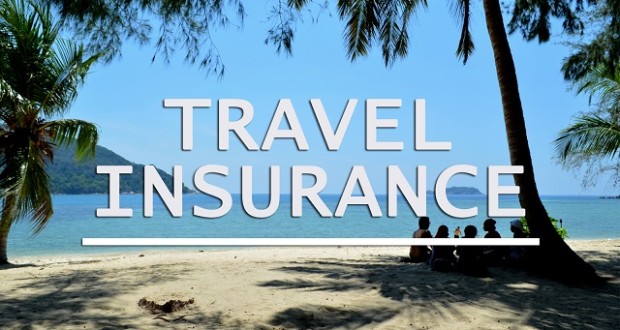Travel broadens the mind, they say. Hopefully the majority of those experiences are successful and rewarding, passing off without incident. From time to time, however, accidents and incidents may happen. Whether serious or a temporary inconvenience, these are the experiences which are likely to take the shine off your travels – to say the least.
They are also the incidents which you might want to protect yourself against by arranging adequate travel insurance. So here are a few tips on saving some money on what you need to pay for that cover:
-
Choose where you buy it
- when you are making your travel arrangements, you are likely to be inundated with offers of travel insurance – from airlines, ferry companies, travel agents, tour operators and others;
- agents such as this are not full-time insurance providers of course but earn commissions on the insurance they no sell – with the result that you are likely to pay more for the cover you need;
- you may be able to save a significant amount of money, therefore, by buying your travel cover from a specialist, entirely independent insurance provider – such as travel insurance specialists Bengo Travel;
-
Choose the right level of cover
- the risks encountered by some people whilst on holiday, or the risks associated with the kind of trip they may be taking, are likely to differ;
- you might save money, therefore, that the travel insurance you arrange is suitable for the risks you are likely to cover – avoid being underinsured, certainly, but by the same token you need not spend money on unnecessary cover;
-
Follow advice
- saving yourself injury, or even your life, is more important of course than saving yourself money, but you may save yourself being exposed to all these by following the up to date travel advice issued by the Foreign and Commonwealth Office (FCO);
- the simple fact is that some parts of the world are simply too dangerous in which to travel – so save yourself money, your health and your life by avoiding travel to such hotspots;
-
Excesses
- saving money is also likely to involve comparing the different levels of excess likely to attach not only to the policy as a whole, but also to the various headings or sections within it;
- if you are prepared to accept a higher excess, for instance, the general rule is that you may less in premiums – if excesses are too high, however, you may find it impractical to make anything but an especially large claim;
- you might want to remember that travel insurance typically attaches different excesses to different parts of your claim – so if you fall and break your watch, let’s say, you might need to claim on both the medical section and the personal possessions sections of the policy, paying an excess on both claims;
-
Beware false economies
- you may be reading these tips on how to save money on your travel insurance, but you might want to beware of choosing a particular policy on price alone;
- a cheap policy is unlikely to have met your insurance needs and may be no more than a false economy, for instance, if it fails to cover an incident you encounter whilst on your travels – they key, therefore, probably lies in your securing good value for money.
Although it may be impossible to guarantee that any holiday or business trip goes completely without a hitch, adequate travel insurance may help to take the sting out of the incident by ensuring that you are not left seriously out of pocket.
 Living There
Living There



